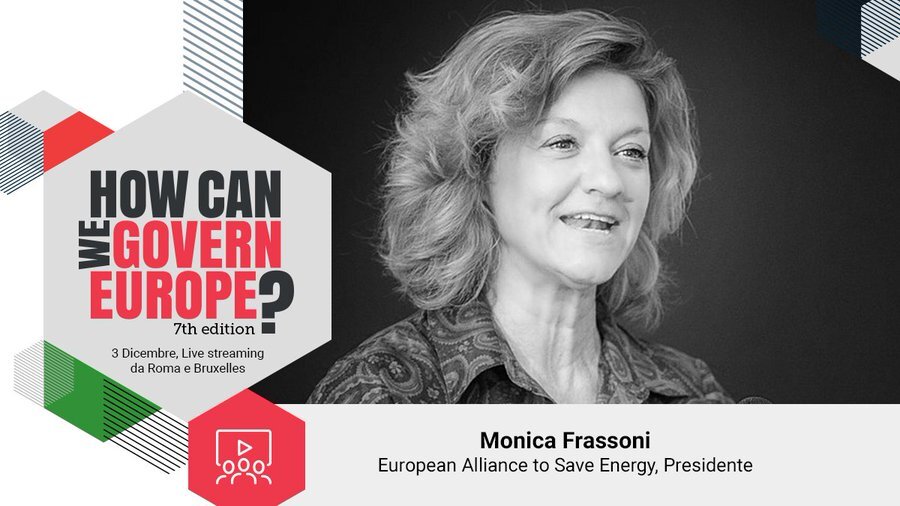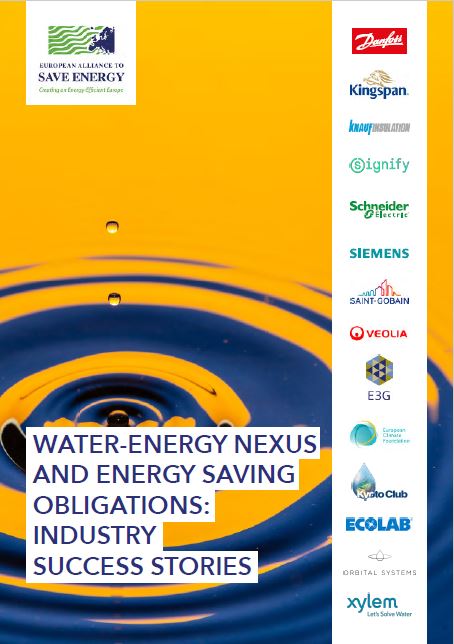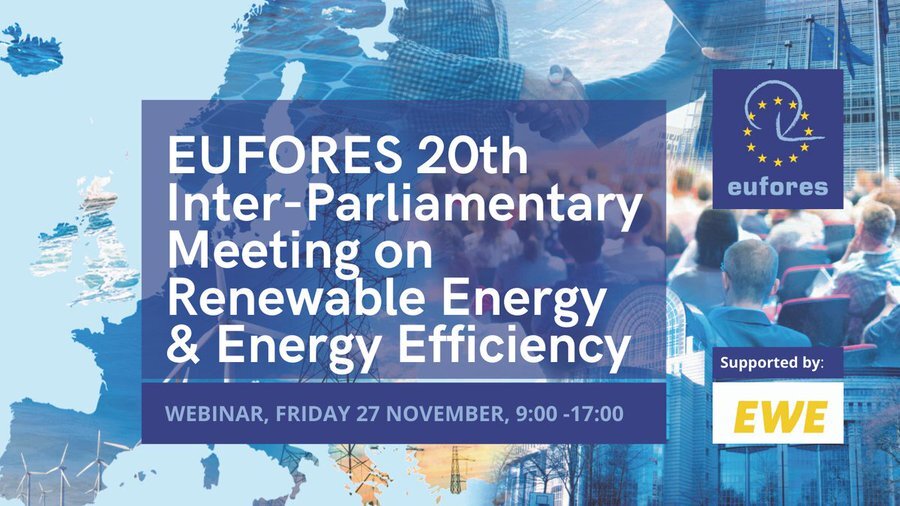EU-ASE at How Can We Govern Europe? (Italy)

On 3 December 2020 EU-ASE president Monica Frassoni participated in the 7th edition of How can we govern Europe?, the annual conference hosted by the Italian EU affairs media Eunews. This years’ edition was held as an online discussion.
In her intervention, Monica Frassoni discussed how to advance energy efficiency as a key tool to achieve climate neutrality both at European and national level, as well as how Italy can boost a green recovery from the Covid-19 pandemic through its Recovery and Resiliency Plan.
Speakers included representatives of the Italian government, the European Commission and the European Parliament.
The recording of the webinar is available here (in Italian)
In a fast-changing political and economic environment, 2025 was a year of continued efforts to strengthen security, stability, and competitiveness for European businesses.
Throughout the year, our work demonstrated that energy efficiency is not only essential to achieving climate goals, but also a key driver of innovation, energy independence and sustainable long-term growth across Europe.
Strong engagement with policymakers, combined with the successful organisation of the 4th European Energy Efficiency Day, highlighted the importance of collaboration and dialogue in advancing shared objectives. Partnerships across sectors and institutions remained central to delivering impact and shaping effective energy policies.
Looking ahead to 2026, we will intensify our efforts to secure the regulatory certainty that can accelerate the energy transition, while providing businesses with the investment confidence they need and strengthening Europe’s competitiveness.
Read the full Activity Report here.





